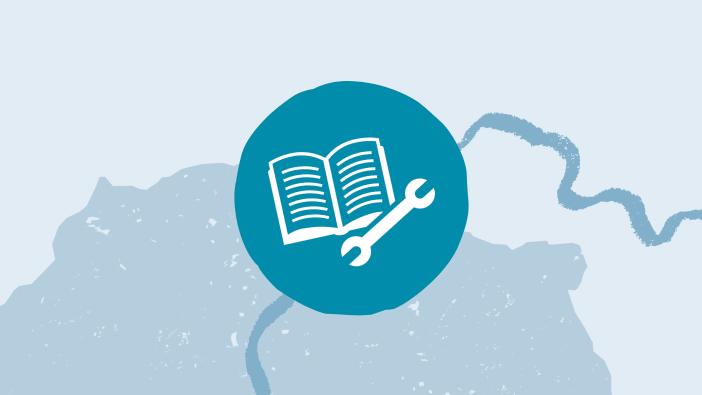An interview with Rajan Samuel and Mathew Titus.
How does access to credit help the poor in their overall development?
Rajan Samuel; I think it is in restoring dignity and hope. Once the poor undertake an activity with a loan, we see a change in their whole attitude. For example when we offer credit to women who start small businesses, we find their whole status changes. Because they are going out and earning an income, they are often more accepted in the family. Many of the men, too, say that they used to be looked down upon as worthless. But now they can own their own enterprise, have access to resources and can send their children to school. This gives them dignity and confidence which have a positive impact on other areas of their lives.
Mathew Titus; One of the things to recognise is the need for cash flow in poor communities. Many poor people in urban cities earn just enough to eat and to meet the cost of their children’s education, clothing and other expenses. A man may not be technically below the poverty line, but when any emergency comes up, if he falls sick or loses his job, then – bang! He and his family go under. The cash flow needs of the poor are so tight; they oscillate between being extremely poor and surviving. That is where I think credit comes in. It helps people develop a small business which will bring in a steady source of income. This means that next time they are faced with a problem they won’t go under.
So credit is not only for particular economic activities, it can affect people’s very survival.
Can the poor be trusted to use credit made available to them?
Rajan Samuel; Yes! When we give a loan to the poor, we enter into a covenant relationship based on principles of trust and discipline. We expect trust and discipline in our relationship with the poor. The resources belong to God and we entrust these resources to the poor; in our experience the poor have proved that they are good stewards of God’s resources.
Mathew Titus; The poor are more than trustworthy. They look after surpluses. They make decisions that perhaps even we would not make. I have seen them write off their own savings because someone died and couldn’t repay their loan. You know, I would really think twice if somebody asked me to write off 20% of my savings because it was lent out to somebody who died of TB. It is really a very powerful decision they make when they say, ‘OK, it doesn’t matter: she was sick, she needed the money.’ The poor’s attitude to money has taught me a lot about my own attitude to money. They don’t see wealth as a basis for defining who you are. So I think they have been more than trustworthy. They have been responsive to people’s lives and people’s needs.
What about charging interest on loans offered to the poor?
Rajan Samuel; I think we should discuss the interest rate with the poor and it may vary from person to person. The charge should be for the services we provide rather than interest on the money.
Mathew Titus The moment you tell someone you are giving this money to them free because they are a failure in life and you don’t think they could ever repay it, you affect their motivation to return it. But if you tell someone that you’re offering them a loan because you believe they are capable and have the potential to return it – not at the rate a money lender would charge, but at a rate that is decent, possible and achievable – you approach that person with hope.
Rajan Samuel is Director of the Microenterprise Development Unit and finance at EFICOR, Delhi, India.
Mathew Titus is Director of Sharan – Society Serving the Urban Poor, Delhi, India.
From Drishtikone magazine.








